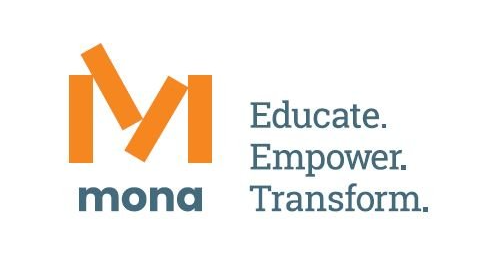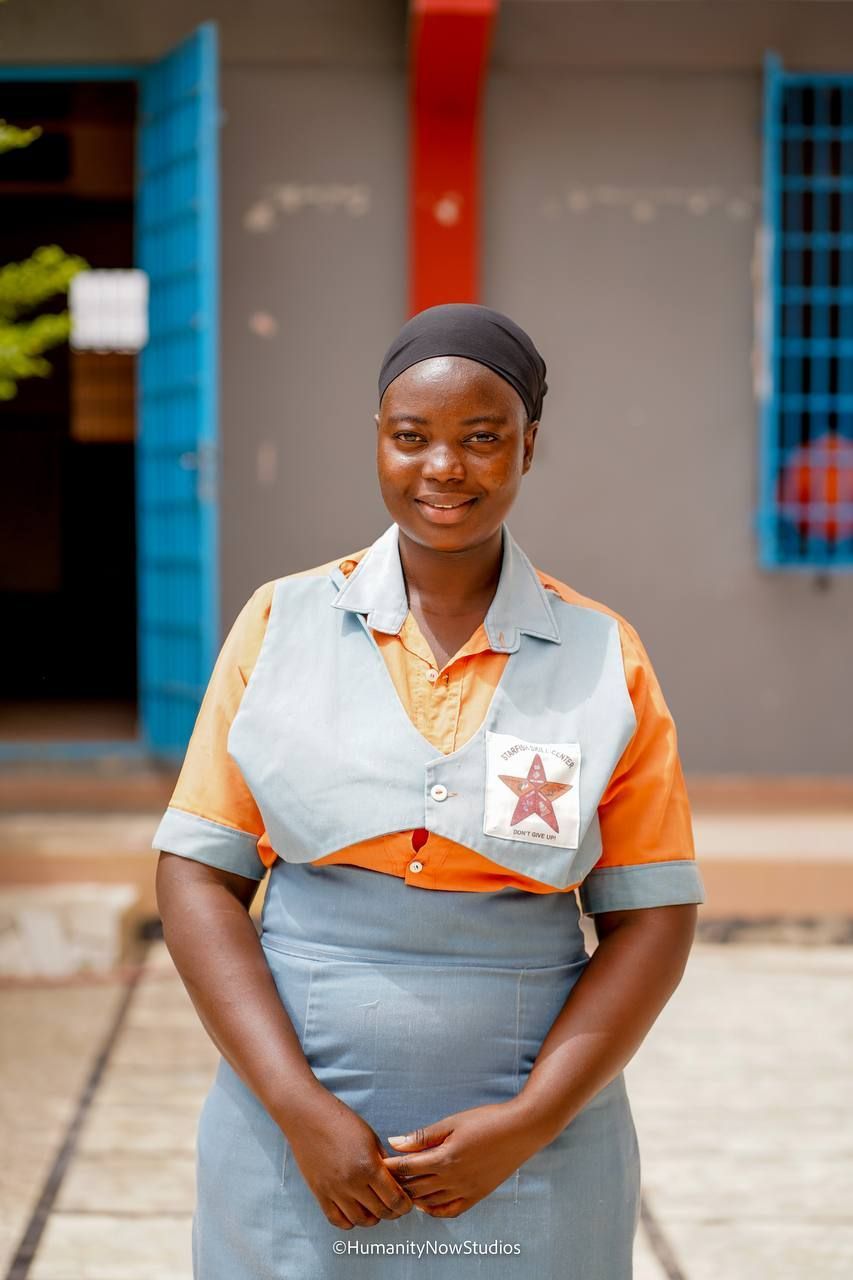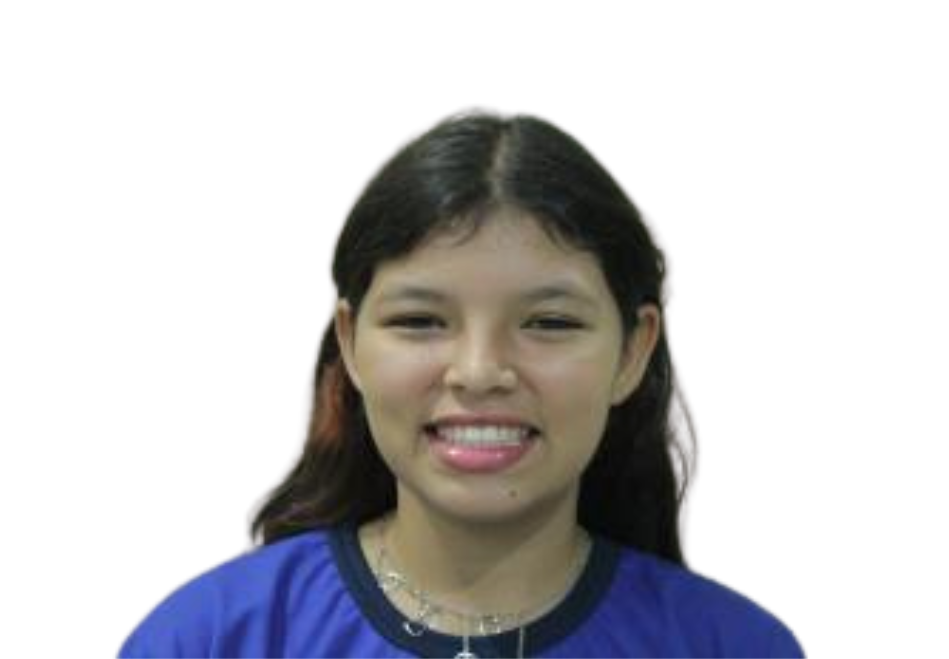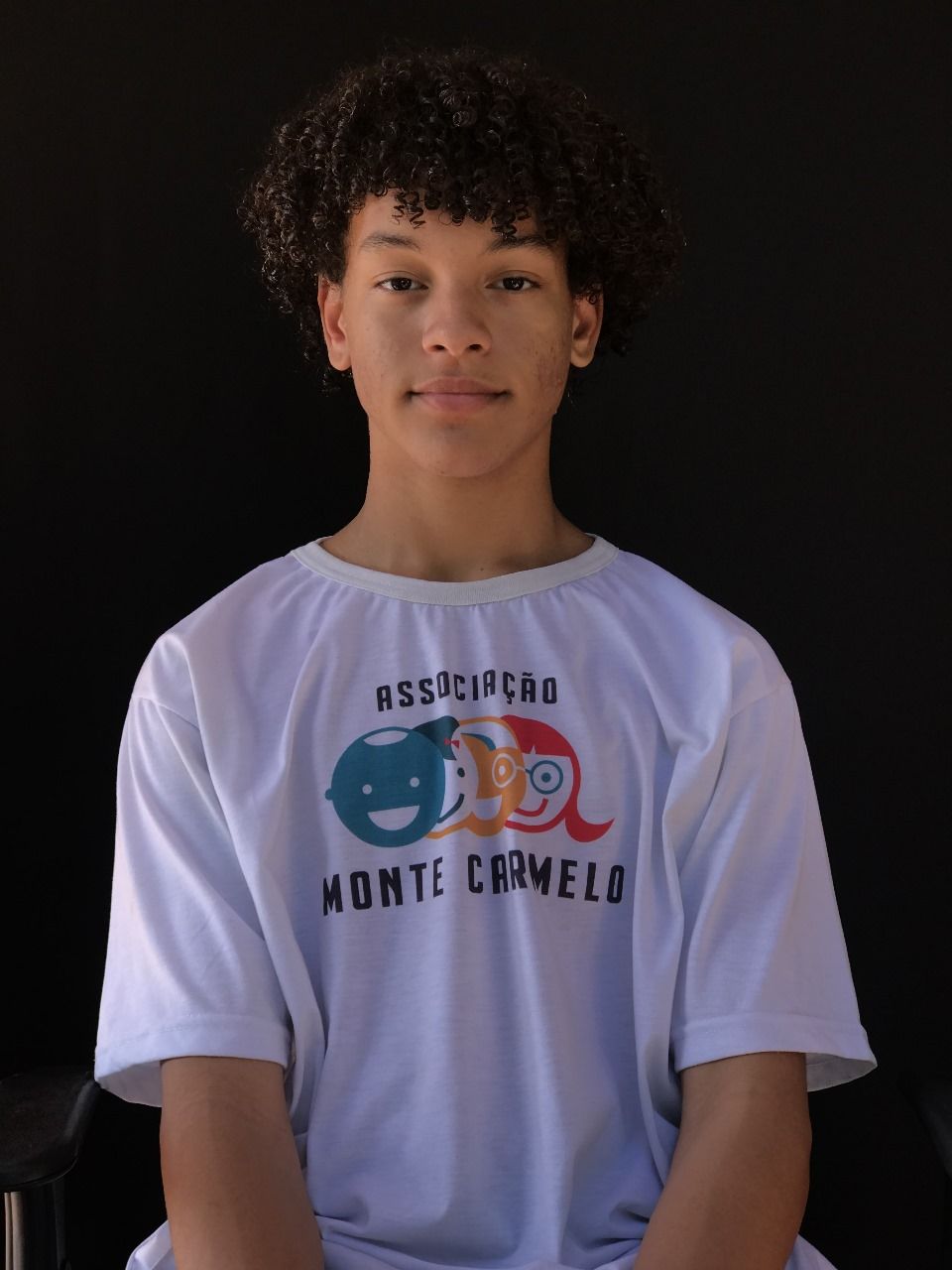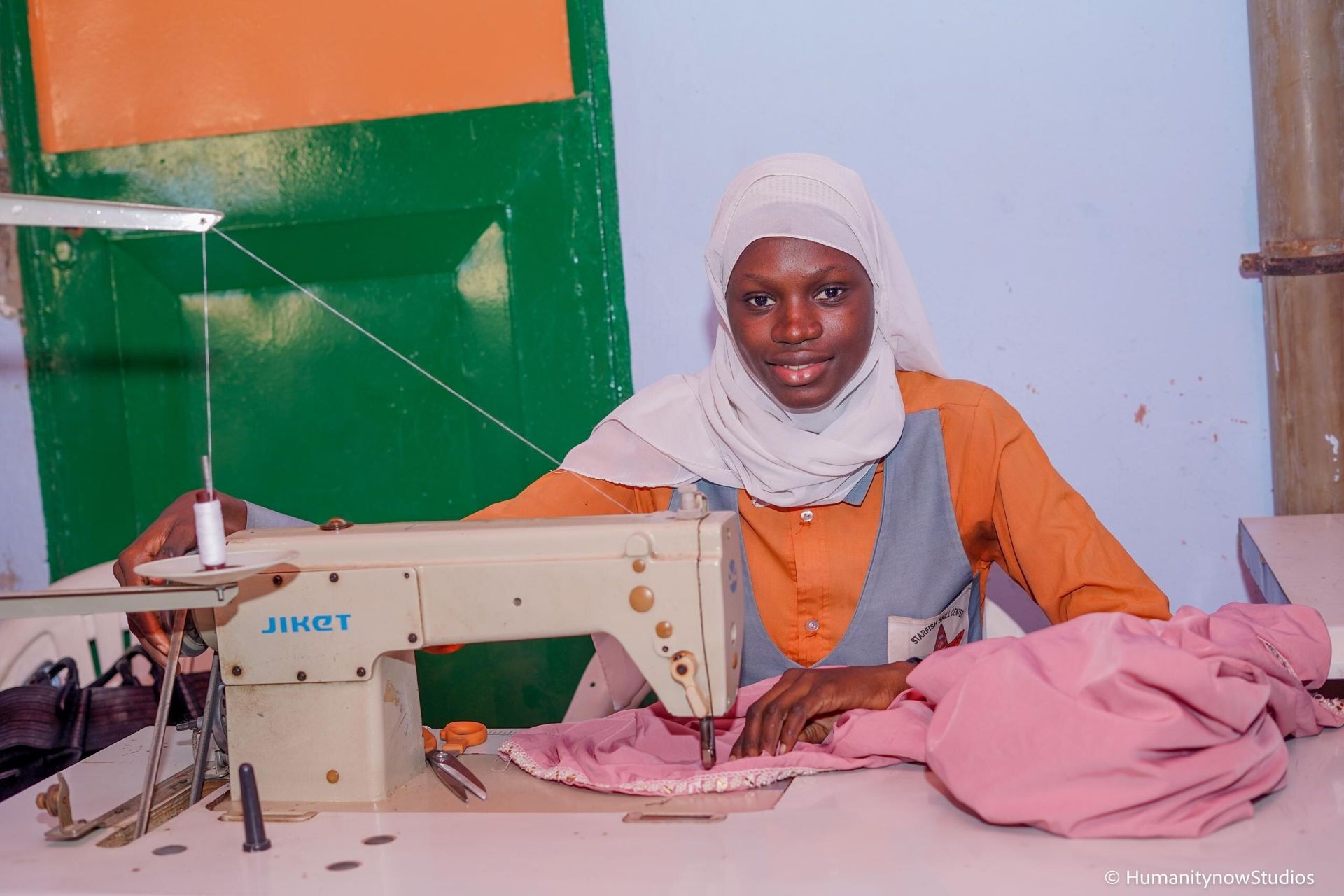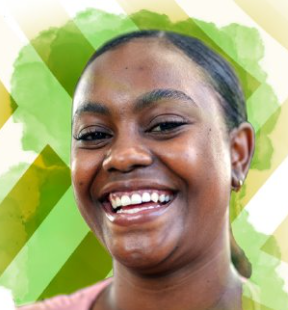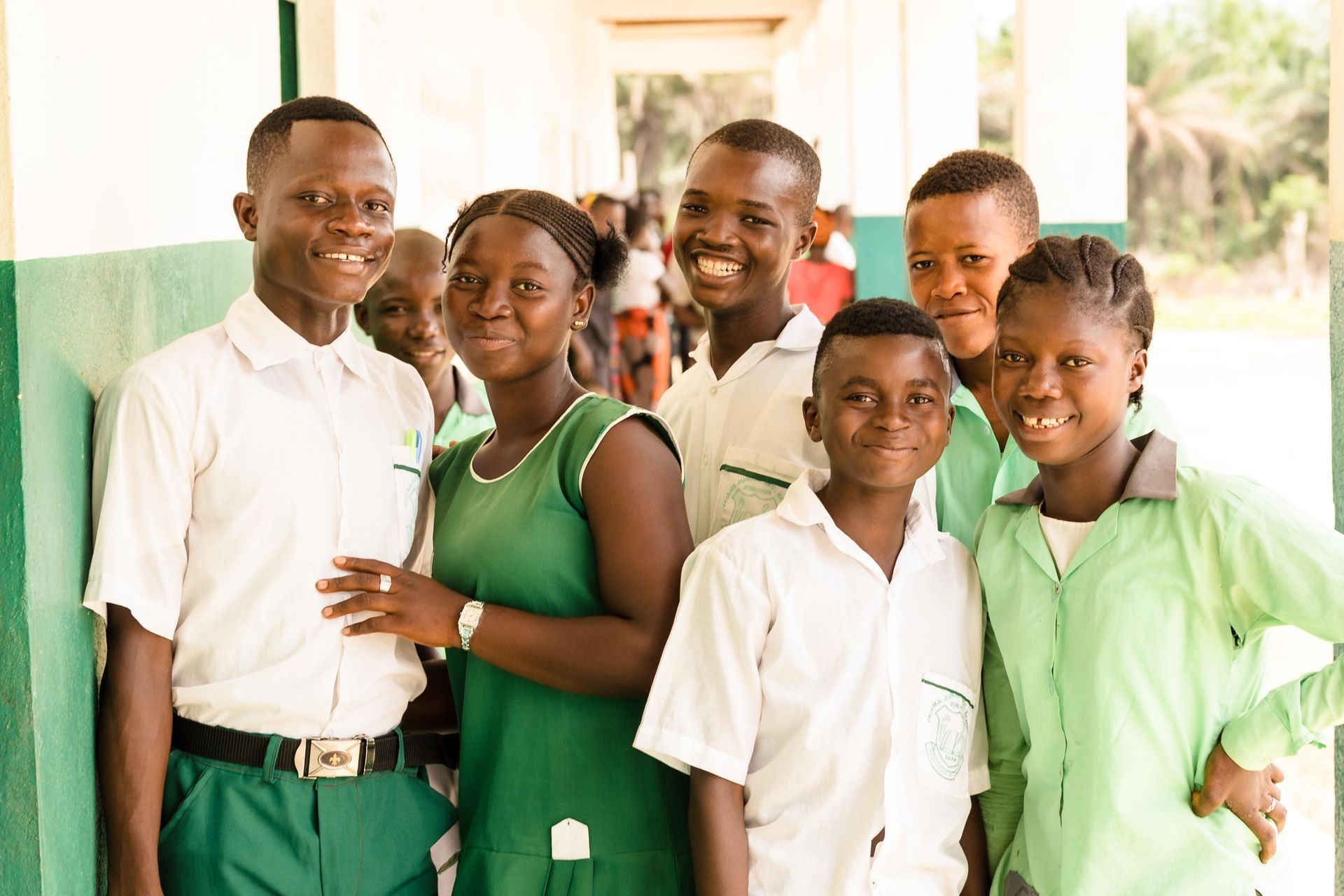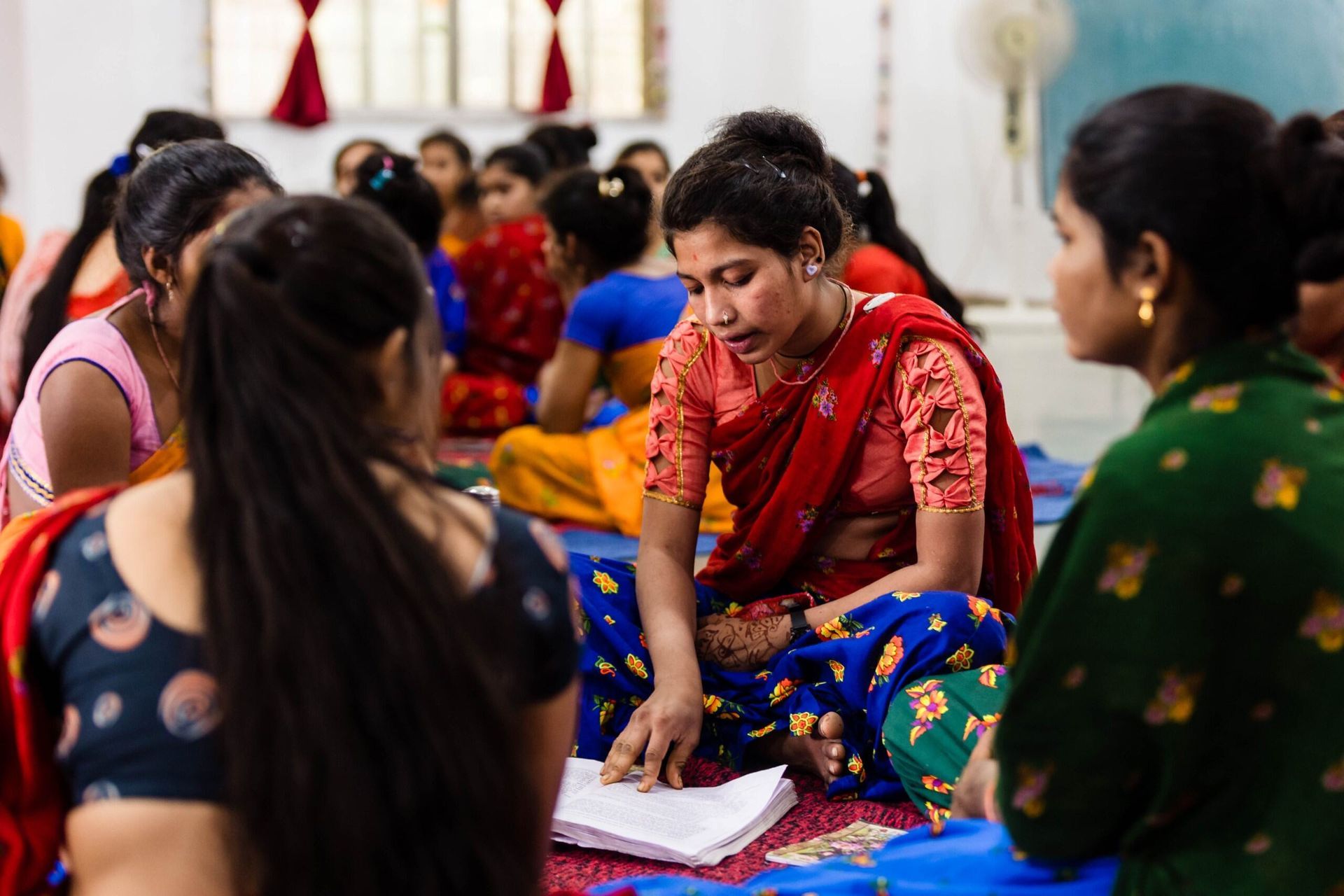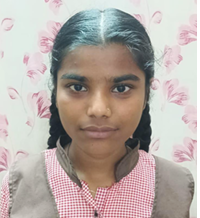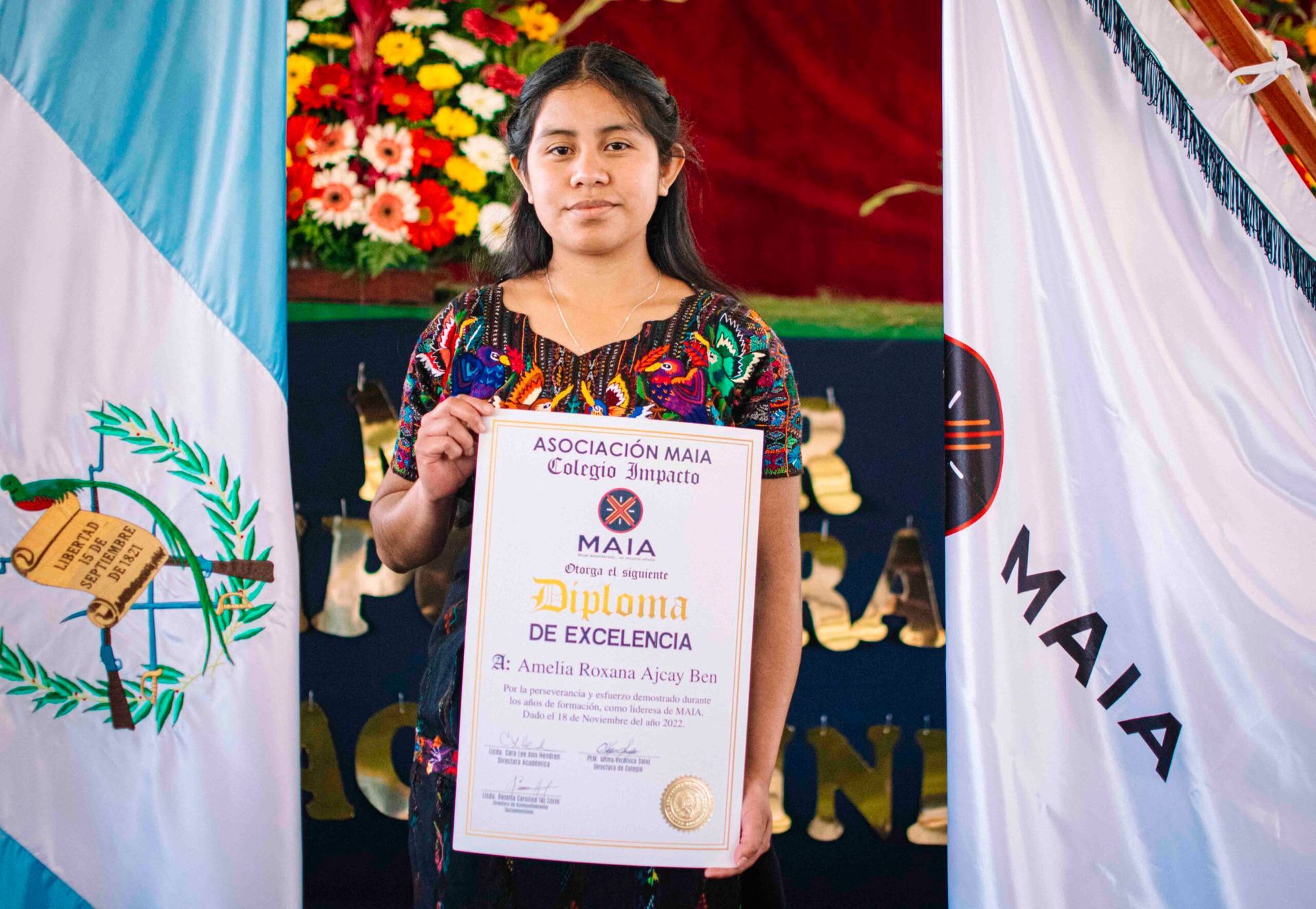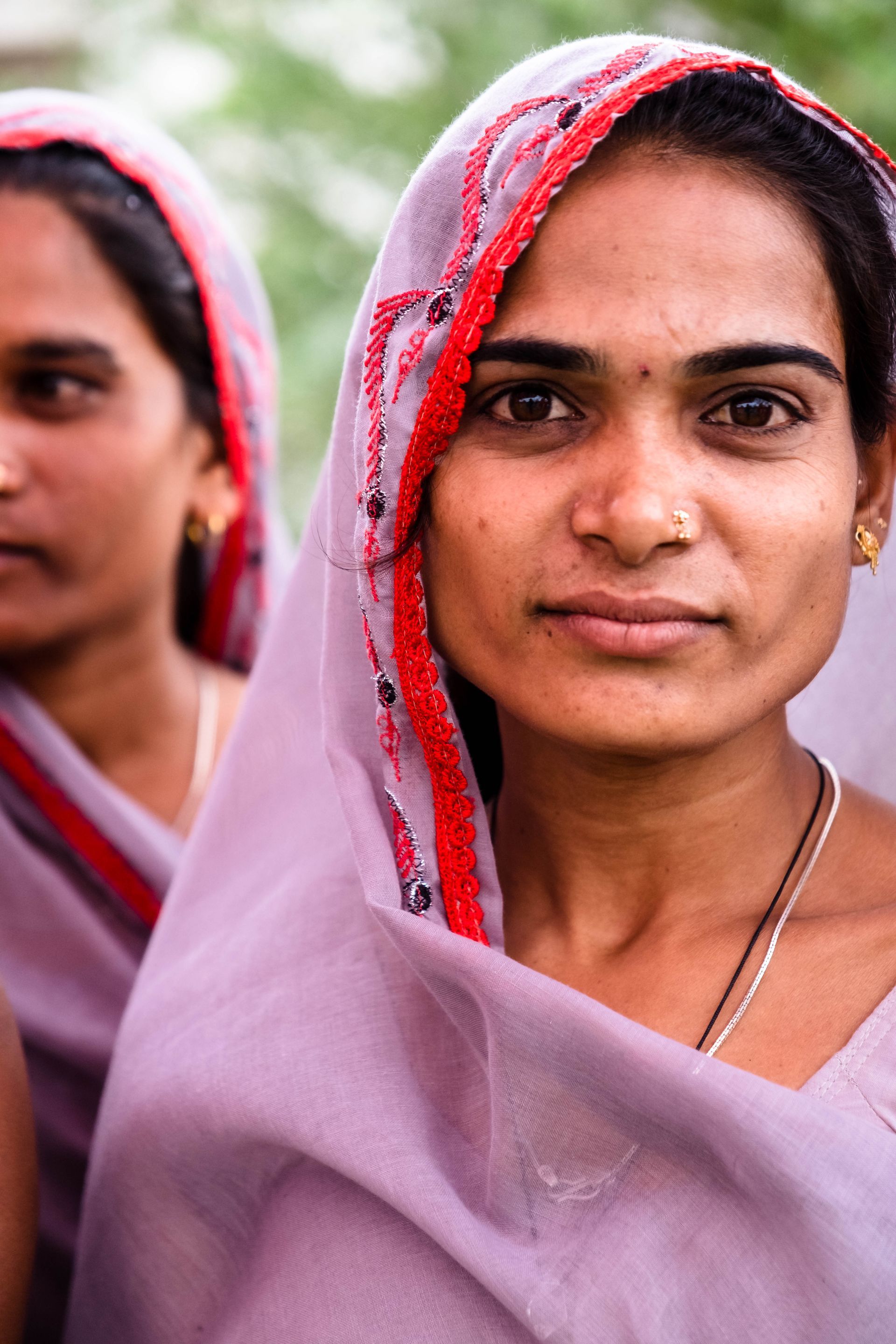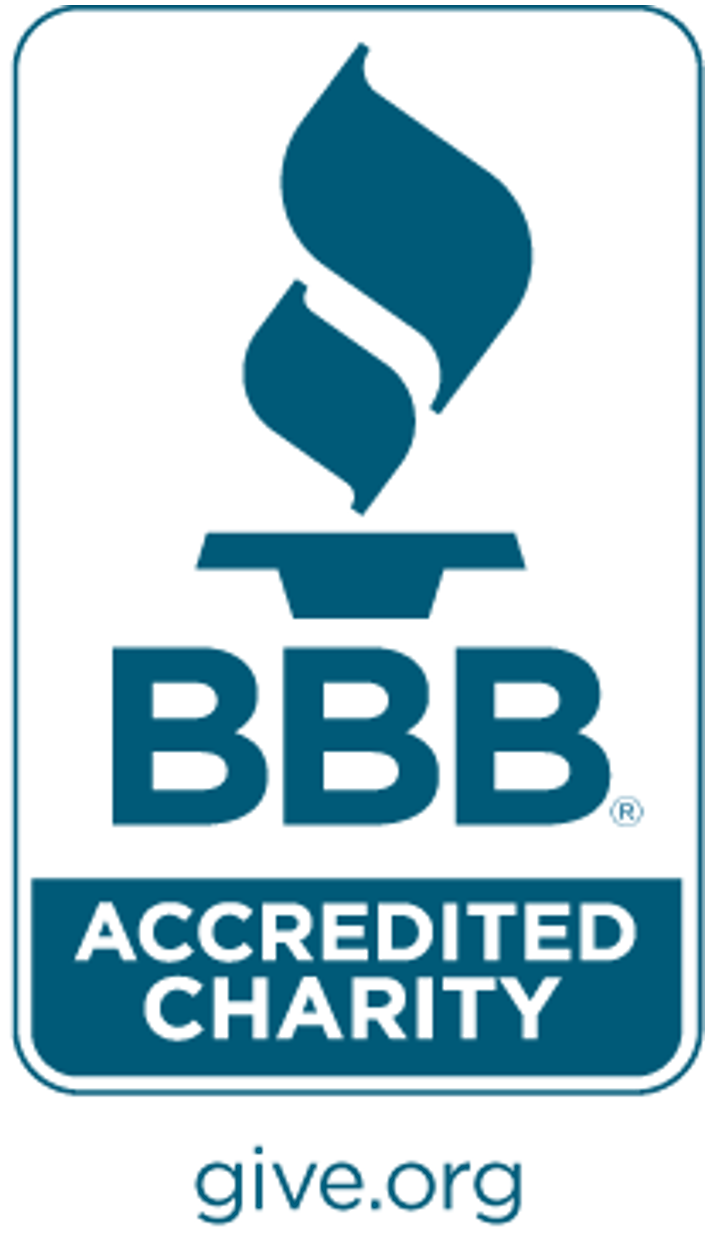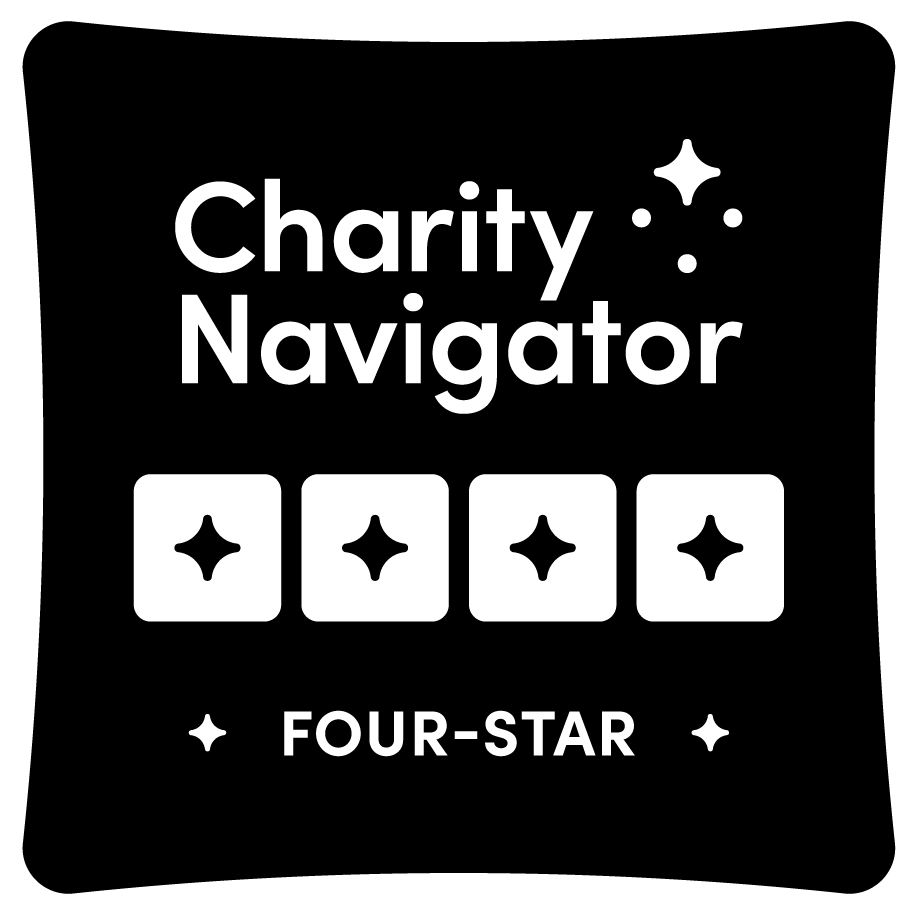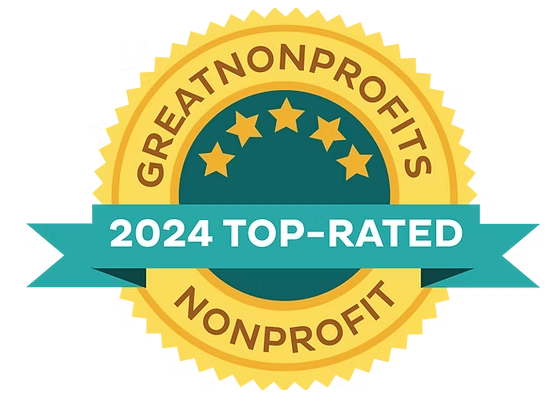Path to Sustained Change
Grassroots Initiatives: Local Communities Addressing Their Own Needs
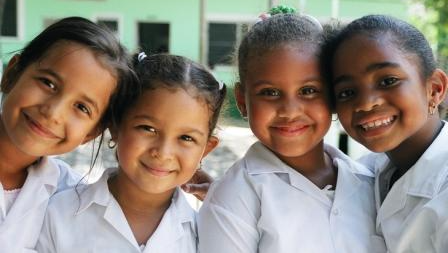
Paving a Road to Prosperity
Nineteen years in the nonprofit field, working directly with grassroots initiatives, has taught us many valuable and eye-opening lessons. The most important and consistent finding is that development at the grassroots level does work to fight global poverty.
What is Grassroots?
Like a single blade of grass growing steadfast from the ground, a grassroots organization enables people at the foundation of an issue or movement to develop solutions based on their first-hand experience. Grassroots initiatives put the power into local hands, grounded by the daily interactions and challenges they aim to overcome.
Grassroots means starting in the neighborhood – understanding the culture, the people and the needs from the inside out. Grassroots initiatives don’t start from the outside because the most capable person is someone on the inside. When the community supports an individual or initiative, they take ownership which builds the pride necessary to overcome the obstacles and challenges that come with enacting change.
Badi School in Panama: A wonderful example of a grassroots initiative
After many visits to Panama over several years, I have formed a close bond with Mrs. Torres, co-founder of Badi School. She did not intend to start a school that now graduates the top students in the entire country. She just wanted her own children to have the opportunity to learn.
The Torres family lived in a poor, rural neighborhood with no schools nearby. In 1990, the Torrez family rented a small dismantled house from the Panama Social Security Agency, remodeled the house and closed the garage to use it as a classroom. Mrs. Torres began a Kindergarten class and started teaching her two boys in the carport at their house. Her lessons always included a focus on virtue training, and she saw her sons begin to thrive. Other families in the neighborhood noticed and asked if they could bring their children. Soon the Torres family filled their carport with Kindergarteners. When it was time for the children to advance, the Torres’ added a 1st grade class in their living room and welcomed new Kindergarteners from the neighborhood into the carport. Class was in session again!
Mrs. Torres saw how important the service was the school provided to her community. She knew she needed to continue her own education and begin teaching formally. The community was inspired and gave its full support. More grades were added to the school, and the Torres home became an epicenter of activity. Eventually, classrooms were built so that the school could move out of the Torres’ house. To this day, the house sits in the middle of the school yard as the beating heart of this thriving environment, surrounded by the hustle and bustle of children excited to learn. That’s grassroots. It starts with a need in the community and a local community member arising to serve.
Shift the culture and end global poverty
It is easy to see how even a little support can make a tremendous difference for the students at the projects we support. We believe that together – through grassroots education, giving 50 percent of the world population voice and skills to lead equally – we can make this difference.
We believe working towards universal education and gender equality is the most effective way to solve global poverty issues. However, the work needs to begin locally, and it needs to be managed by members of the community. Every culture on the planet holds positive and negative opinions about education and the equality of women. Therefore, an outsider coming in and pointing out the negatives in another culture is intrusive and offensive. The grassroots approach is not only the kinder approach, it’s the approach with the most potential impact for shifting a culture and creating lasting change. It needs to come from people who understand their own cultural values. Outsiders just can’t understand the subtleties without a lifetime living in and under the same conditions. A friend, a neighbor or a family member is much more likely to be able to inspire someone to take action than, for instance, someone from another country.
We trust that those living in the communities who suffer from a lack of education and from social and moral issues such as prostitution or child marriage best understand their own problems, and hence are in better position to address them.
At Badi school – after 25 years of thoughtful education – including teaching values such as love, honor, respect, service towards others, and gender equality, the facilitators are seeing positive shifts in the culture. In a place where prostitution is a side effect of extreme poverty and unwed mothers are the norm, the Badi school is arming their students with the thinking power that spurs this change. With education, they’re able to identify more easily what uplifts their culture and what degrades it.
Mr. Torres and his son Alexis stayed with me in Los Angeles a couple of years ago. We hosted fundraising events for Badi School in various locations over the week. He created a slideshow for the programs and shared his choices with me. He wanted to include a photo of a young woman in a wedding dress. It was a sweet photo, but I didn’t understand the significance of this picture. Mr. Torres explained that in communities in Panama most women do not ever marry.
Becoming an unwed mother with multiple father-partners is the norm. It’s easy to understand the stress and poverty-induced situations that perpetuate living this life, but I still didn’t fully understand. Mr. Torres explained that the girl getting married in the photo was a former student at the school. She made the decision to marry and then to have children. SHE made this choice. Mr. Torres believes this is proof that the culture is shifting.
Mr. Torres is a brilliant man. Over the past 25 years, he has also furthered his own education and became an engineer for NASA. He did not miss the subtlety in the shift this photo demonstrated. He put the photo in his presentations because he understood how significant this change is. I could never have understood this. This kind of culture-shifting change might not only go unnoticed by an outsider, but might not be a goal at all and would continue to go on, unchanged.
Badi School has transformed from a tiny learning group in a carport to winning national awards in education and helping to shape policy for education at the governmental level in Panama. We are honored to serve them and are humbled by their selfless dedication to their community.
Dareleen’s Story
Dareleen Cano was a beautiful 12 years old girl when she was admitted to Badi School on a Mona Scholarship, including books and clothes. Her parents had abandoned her and her sole source of support was her grandmother who washed and ironed clothes to survive. Within two years, Dareleen was on the honor roll. Upon graduation, she attended the Panama Technologic University (UTP) on a full scholarship to continue her studies in Industrial Engineering. She has now completed her degree, is currently working as a statistical manager for COPA/Continental airline, taking care of her grandmother and also volunteers at Badi School as a way to give back.
Community building at the grassroots – essentials for lasting change
Beyond the education of the individual student, teaching the value of service to others is a key factor in bringing about positive changes and disrupting poverty. This makes the student learning and doing these things incredibly powerful, especially when that student is a girl. We say it all the time, 1 = 100. Educating one girl impacts 100 other lives. The beautiful thing is that through their service to others, they can have this incredible impact.
Mona believes development is sustainable when service to others is the core value that drives everyday actions as individuals and as community members. Service to others helps us be the best we can be and exponentially increases our impact in whatever steps we take for the betterment of ourselves, our communities and our nations.
We also see development as a process of growing one’s capacity to make decisions about their own advancement and goals. This process should be led by and belong to the people themselves because every community has their own set of unique challenges and solutions.
Moral leadership education and community service are woven throughout Badi School’s curriculum?and students are recognized for their good character as well as their academic achievement. Students?apply what they learn to help the development of their neighborhoods by teaching children’s classes?and providing other needed services. In 2015, a group of students from the 9th, 10th and 11th grades received second place in?a national short film festival for their film on how to change someone who bullies into an agent of?positive change. The film was shown nationally and impacted many students around the country and?inspired other schools to promote good values.
Click here to read more about Badi School
Partners in progress – building bridges
When we partner with grassroots projects we commit to a long-term collaborative partnership. However, we don’t manage the project because we believe that every people, regardless of their economic status, has the capacity, the right, and the responsibility to own and lead their own development. Building capacity at the grassroots level is the pre-requisite of sustained change. Our relationship with the projects we support is one of mutual reciprocity. We are their voice and their representative to the larger public, we learn from them, we share our knowledge and experiences as needed, and we support their growth plan so that they can serve their own communities.
Our supporters are also our partners. Mona connects these projects with people who really care, but may not have the time to do the research or site visits to make sure their money is going to worthy causes. Mona does the footwork and research to find projects to partner with that we know are grassroots initiatives, owned by the people that we serve. Our supporters trust us to partner with programs like the Badi school that are making a difference and enacting positive change within their communities.
Diane Samandi
Board member
